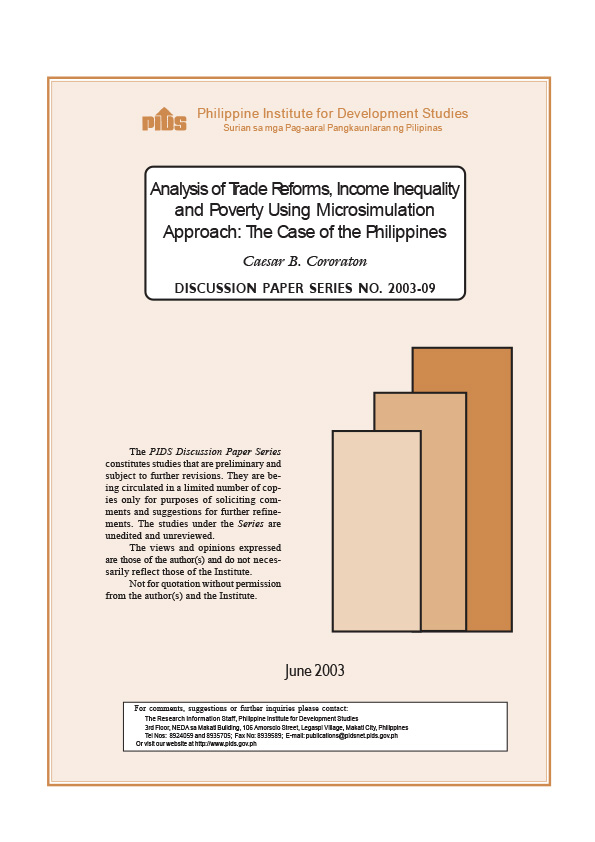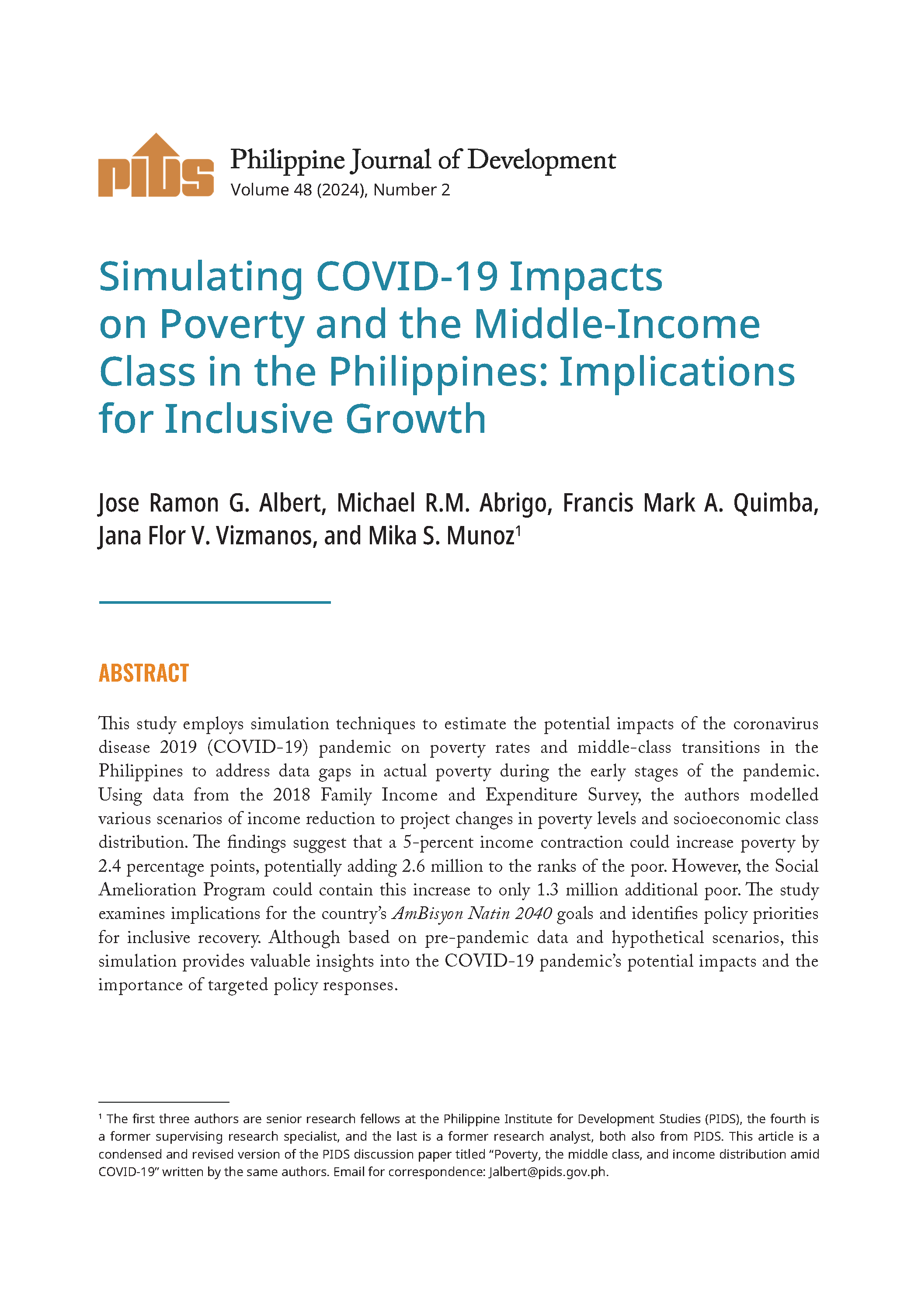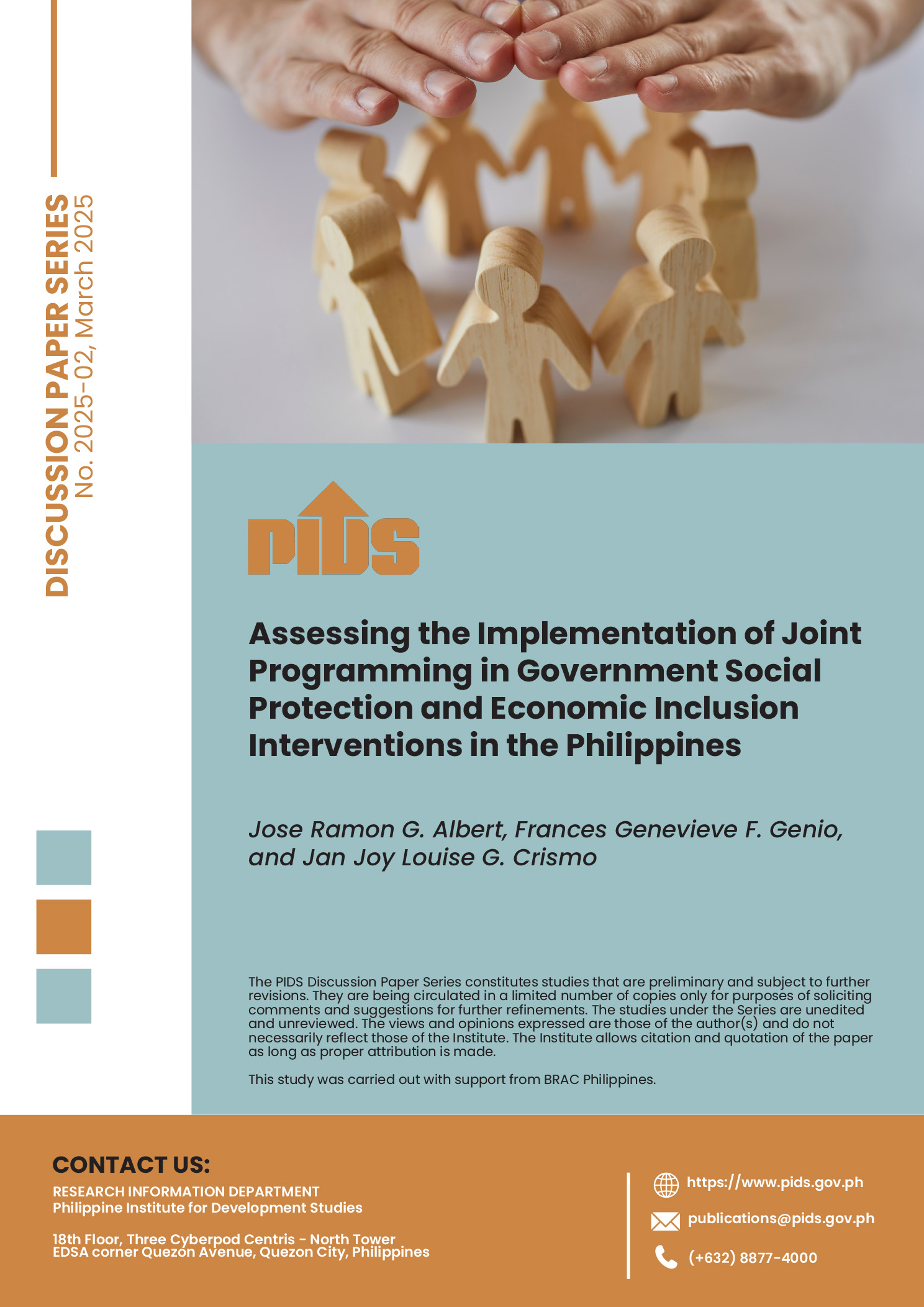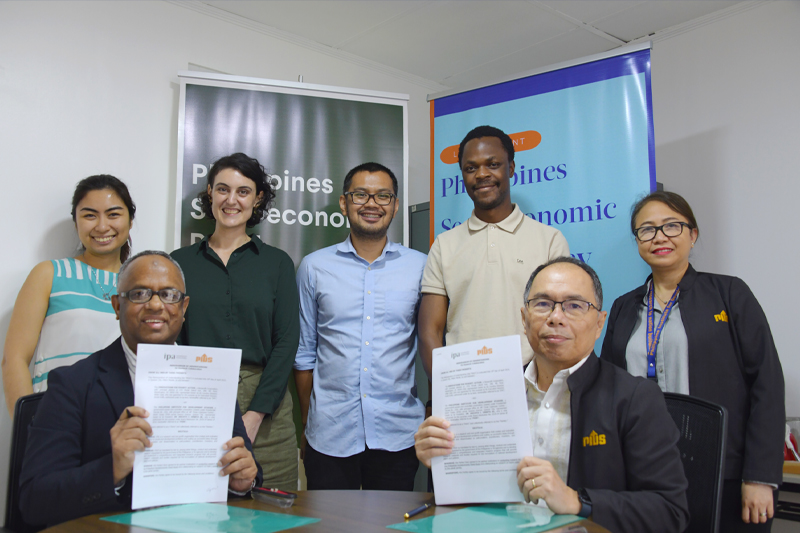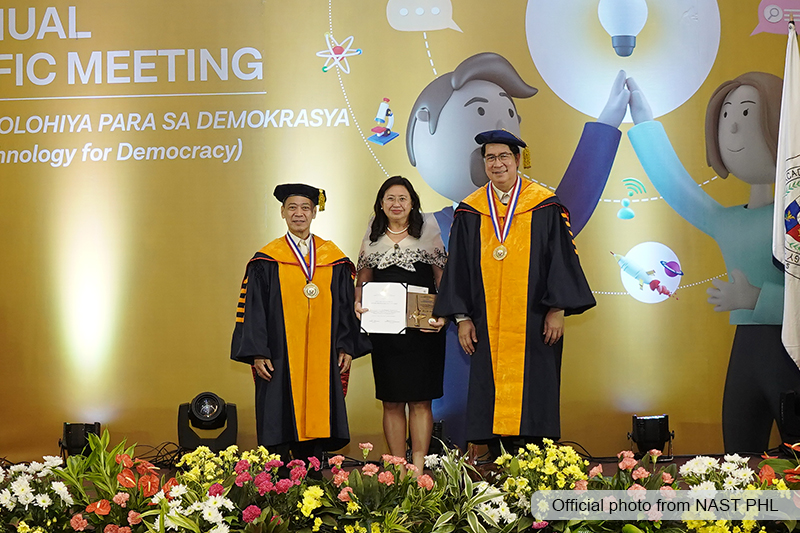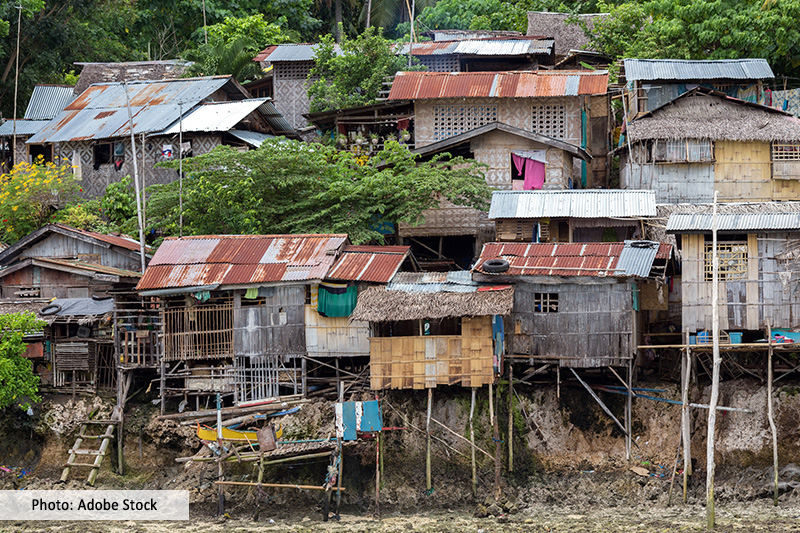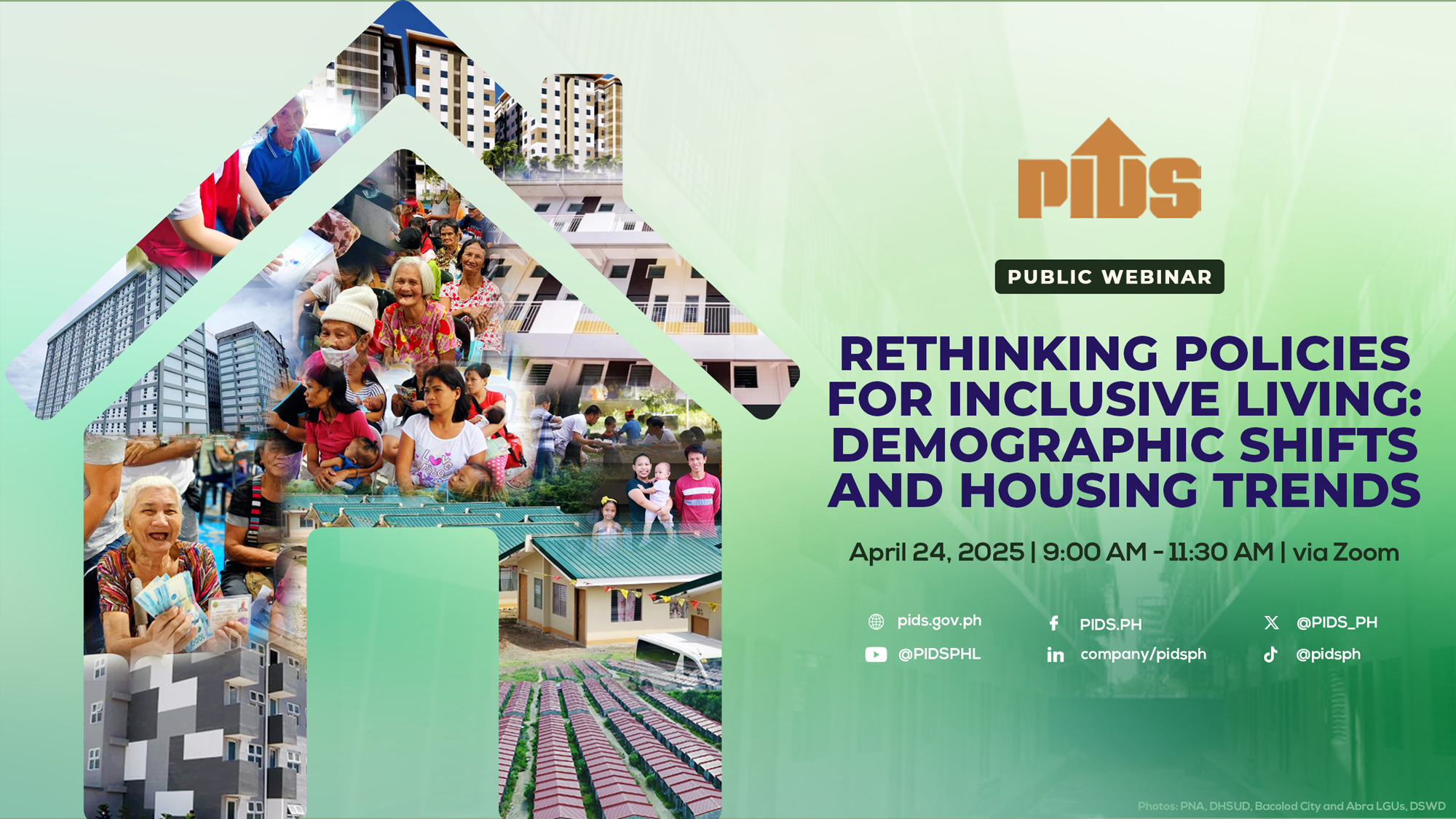This paper uses a CGE mircosimulation approach to analyze the effects of tariff reduction on poverty and income inequality. The approach relaxes the representative household assumption in the traditional CGE modeling by replacing household groups with individual households. As such the approach allows one to model the link between trade reforms and individual households and their feedback to the general equilibrium of the economy. The present paper incorporates the whole 24,797 households of the 1994 Family Income and Expenditure Survey and simulates the tariff reduction from 1994 to 2000. Tariff reduction leads to higher imports and exports. Although domestic production for the local market declines, the overall production improves. These are due to substitution and scale effects of tariff reduction. Resource reallocation and factor movements favor the nonfood manufacturing sector. Agriculture wages, as well the rate of return to capital in agriculture, decline as a result of the drop in agriculture output and value added. Income of rural households in the different regions declines, while income of urban households in the various regions (including the NCR) improves. Tariff reduction results in poverty reduction in all areas not because of the improvement in household income, but because of the drop in consumer prices. Income inequality, however, worsens except in the NCR.
Citations
This publication has been cited 5 times
- Ayoki, Milton. 2013. Trade policies and poverty in Uganda: A computable general equilibrium micro simulation analysis. MPRA Paper 80327. University Library of Munich, Germany.
- Ayoki, Milton. 2013. Trade policies and poverty in Uganda: A computable general equilibrium micro simulation analysis. Working Papers 258. African Economic Research Consortium, Research Department.
- Ayoki, Milton. 2013. Computable general equilibrium micro simulation analysis of the impact of trade policies on poverty in Uganda. MPRA Paper 78876. University Library of Munich, Germany.
- Ayoki, Milton. 2013. Pursuing a pro-poor trade liberalization agenda: Regionalism, multilateralism and poverty in Uganda. MPRA Paper 83547. University Library of Munich, Germany.
- Rodriguez, U-Primo E.. 2008. Impacts of the Free Trade Area of the Pacific (FTAAP) on production, consumption, and trade of the Philippines. Development Economics Working Papers 22694. East Asian Bureau of Economic Research.

